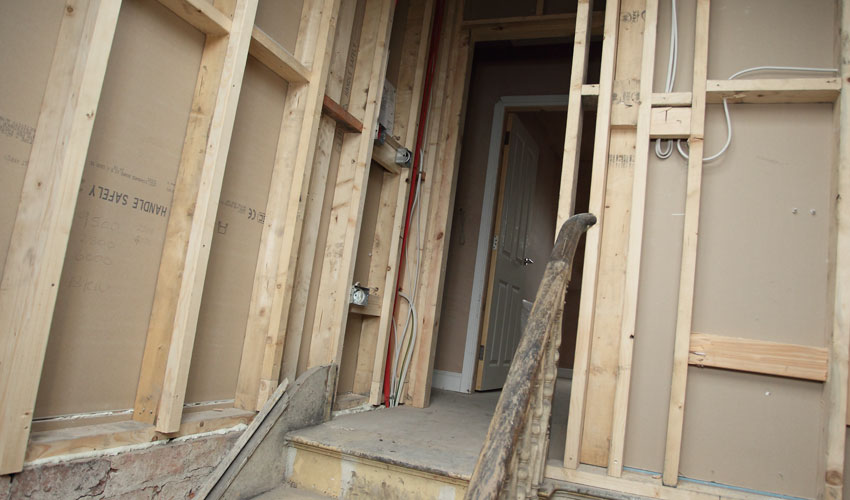
Buying a used car. Exciting? Yes. Terrifying? Also yes.
We are a nation of used car fanatics. In 2019, we bought just short of 8 million, while new car sales dropped off to 2.3 million. There’s an obvious reason for this preference: used cars are a lot cheaper.
With this affordability comes risk, however. You don’t know exactly what you’re getting with a used vehicle – you could’ve landed on the bargain of the century or bought the biggest pile of scrap ever known to man.
One of the major question marks around the buying process is whether you go to a private seller or to a registered dealer for your car. Both have their pros and cons – here we discuss what each can offer you as a potential buyer.
The tradeoffs
There are four key matters to consider when looking at a used car, and both private sellers and dealers offer their respective perks.
The case for the private seller
- Price: The number one most important factor in purchase for most of us, and private sellers have the edge. You’re much more likely to find a sneaky bargain with a private seller. Perhaps they want a quick sale? Perhaps they can be haggled down more? Perhaps they don’t know the true value of their vehicle and are selling low? Dealerships have margins and targets to meet, and therefore much more rigid pricing.
- Vehicle history: You’ll also get more information on the vehicle you’re buying from a private seller. While dealers are churning through thousands of cars a year, a private seller typically has just the one and is likely to have not only the documentation but full personal knowledge of their vehicle. Find an honest seller, and they’ll let you know everything you need to about your new car.
The case for the dealership
- Reliability: Find an honest seller, indeed. Unfortunately, there are plenty of people unwilling to offer full disclosure on the faults on their vehicles and trying to get away with flogging a broken motor. Private sellers don’t have a reputation to consider – it’s one and done for them. Dealerships, on the other hand, do, thus your best bet for getting the car you think you’re buying is with them.
- Financing: Financing a used car isn’t easy. Many lenders won’t trust the aforementioned private seller’s assessments of their vehicles, and buyers can walk away from a loan if the product isn’t as described. Thus, if you want to get finance on a used vehicle, you’ll need to head to a dealership. If you’re struggling with poor credit, Go Car Credit can help facilitate your purchase.
So, there is the trade-off – risk getting a less than perfect motor for the sake of a bigger bargain or protect your investment for a higher price.
A changing landscape
It would appear in the last few years that the general attitude towards the matter has swung in the favour of reliability over price. According to data from Statista, used cars sold from dealerships in 2018-19 accounted for 59.2% of the total. Compare this to a figure of 47.6% in 2012-13, and it’s clear to see the tide has turned in the favour of established sellers.
With more buyers prioritising trust over bottom-line price, there’s an argument to say those willing to buy privately might be able to find an even bigger bargain than before – however, the risks attached to an isolated transaction still very much exist.
Thus, it’s down to what you want the most as a buyer when it comes to deciding your source of purchase. Price or reliability? Financing opportunities or a more thorough vehicle history?
Wherever you choose to go in the end, hopefully, you’ll get all four.












